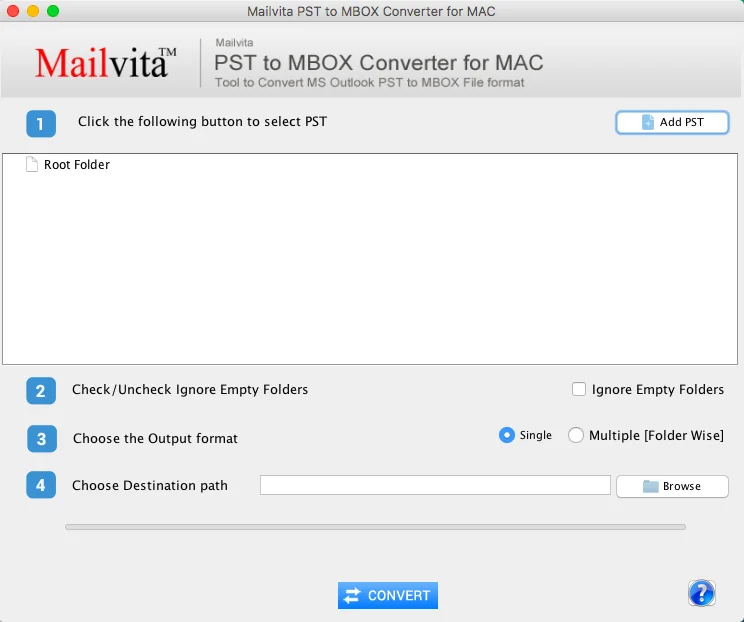A New Way to Sketch: Exploring AI-Powered Line Drawings
75
0
·
2024/12/08
·
3 mins read
☕
WriterShelf™ is a unique multiple pen name blogging and forum platform. Protect relationships and your privacy. Take your writing in new directions. ** Join WriterShelf**
WriterShelf™ is an open writing platform. The views, information and opinions in this article are those of the author.
Article info
Total: 564 words
Like
or Dislike
More to explore









Artists and enthusiasts alike are mastering a breakthrough tool that is changing the way we think about visual creation. Artificial intelligence-driven line drawings are redefining the relationship between digital technology and conventional sketching. This integration enables users to transform everyday pictures into breathtaking artworks, redefining how ideas and fantasies are brought to life on paper.
The procedure starts with a basic snapshot and photo to line drawing ai. AI may reinterpret photographs via an artistic viewpoint, whether they are of a bustling cityscape, a calm countryside, or a cherished portrait. Using picture to drawing AI technology, photographs are smoothly turned into precise sketches that retain the spirit and emotion given by the original photograph.
The process from image to drawing AI involves various unique strategies. One such technology is photo to line drawing AI, which reduces photos to basic outlines and structures while preserving depth and complexity. This method reduces the snapshot to its visual foundations, providing an excellent starting point for artists to further explore and enrich.
Simultaneously, the photo and line art AI enhances this capabilities by not just drawing lines but also adding distinctive artistic flourishes that resemble hand-drawn artwork. The subtle textures and stroke variations provided by AI algorithms provide a distinctive touch that frequently exceeds typical expectations for digital conversion.
Another exciting component is image-to-drawing AI, which incorporates more complicated elements such as shade and gradation. This tool delves deeper into the photographic materials to produce fine art drawings with rich contrast and dimension. In addition, the image to line art AI guarantees that every converted drawing retains an authentic'sketched' feel, imbuing each piece with an artisanal touch commonly found in galleries.
For those wishing to convert larger graphics, image to line art AI acts as a bridge between different artistic genres. It supports not only individual photographs, but also landscapes and larger settings in which every detail is important. From the complex foliage in nature images to the sleek lines of metropolitan architecture, our technology catches everything with astounding accuracy and beauty.
As we progress, the capabilities expand with picture to line drawing AI, allowing even amateurs with no formal sketching skills to create professional-level drawings from any photograph they select. This democratization of art makes it accessible and pleasant to anybody, regardless of experience or expertise.
AI photo to line drawing solutions are very beneficial for graphic designers, illustrators, and other creative workers who need to quickly convert ideas into clear, editable visual drawings. It also opens up new possibilities for comic artists and animators by giving pre-made sketches that may be utilized in storyboards or as standalone illustrations.
Without a doubt, AI's incorporation into the creative workflow is transforming how visual content is created and consumed and to read more. It creates an environment in which anyone can transform a simple snapshot into a work of art with a few clicks. The consequences are vast: not only does it make creative creation more accessible, but it also opens the door to more customized and expressive digital media. As technology advances, more sophisticated tools will emerge, capable of transforming even rookie attempts into masterpieces.
Sketching out ideas no longer takes a pencil in hand; instead, it promotes collaboration with technology, resulting in a palette filled with possibilities for all creative minds. This astonishing confluence of algorithmic accuracy and human creativity has the potential to enrich artistic expressions in ways that we are only beginning to grasp.